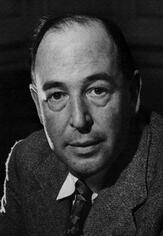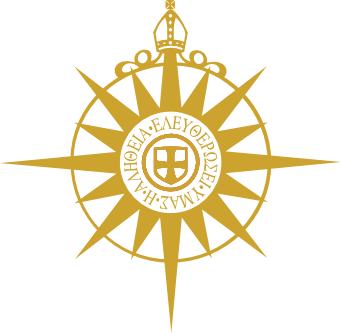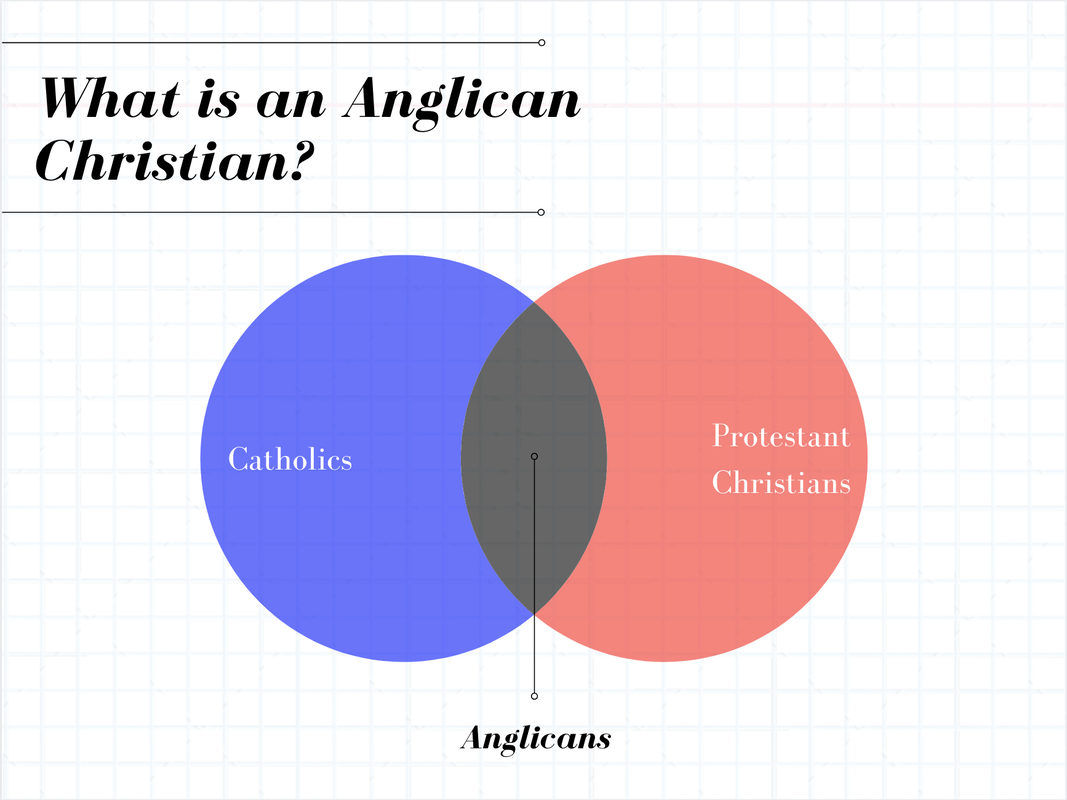 Famous Anglican author and Christian apologist C. S. Lewis
Famous Anglican author and Christian apologist C. S. Lewis
Anglicans have no distinct beliefs beyond what Christians have believed since the earliest days of our faith. The ancient creeds and Scripture are our essential guideposts as we struggle together to understand who Jesus is and who He is forming us to be. This is what Anglican author and apologist C. S. Lewis had in mind when he wrote Mere Christianity to "explain and defend the belief that has been common to nearly all Christians at all times.” (Mere Christianity)
Okay, but... are you Catholic or Protestant? (Yes.)
|
Anglicans are Christians. Despite being relatively unknown in the Rio Grande Valley, there are more than 85 million of us worldwide, making us the third largest denomination of Christians (behind the Roman Catholic and Eastern Orthodox churches).
ORIGINS OF THE NAME The name “Anglican” generally refers to anything related to England and is traceable to the Anglo-Saxon tribes in Europe. Their speech preceded the English language, and their islands became known as "England." Thus, Christians in England became known as "Anglicans." The name has nothing to do with “angels.” GLOBAL ANGLICANISM With the spread of the British empire, Anglicans resettled in new lands, including Africa and the American colonies, and they brought their personal faith with them. Many Anglicans also traveled as missionaries. There are now tens of millions of Anglicans in more than 165 countries. We are a global family, and while those in England and the United States continue to play an important role, today the “average” Anglican is a young woman from Sub-Saharan Africa. SUPPORT THOSE IN NEED
The Anglican Development and Relief Fund demonstrates God's love by helping the poor and needy through leaders working in their own communities. Learn more about this organization and consider donating to its important poverty-alleviating work here. |
Historical Timeline
|

